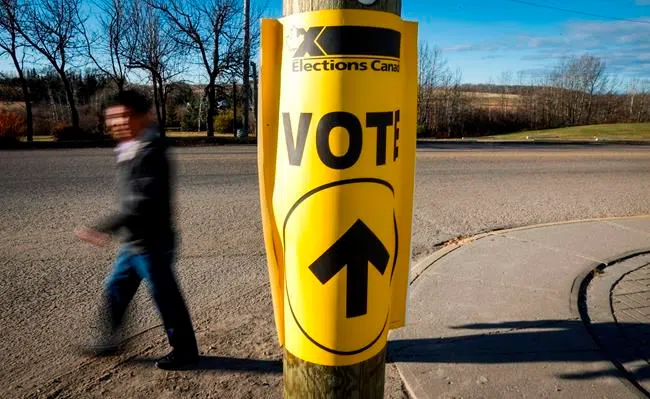
Liberal elections bill aimed at tighter rules on spending, fake news, privacy
OTTAWA — The federal Liberal government wants to make it easier for Canadians to cast a ballot, while making it harder for political parties — or foreign entities — to violate their privacy or persuade them who to vote for using falsehoods or vast sums of money.
“We are committed to maintaining the trust of Canadians in our democratic process,” Treasury Board President Scott Brison, who is acting as democratic institutions minister while Karina Gould is on maternity leave, said Monday.
Brison introduced legislation Monday meant to address several promises Prime Minister Justin Trudeau made in 2015, including by tackling how much political parties and third-party advocacy groups can spend before and during election campaigns.
It is also meant to buttress the Canadian electoral system against new threats to democracy by reining in the proliferation of so-called fake news and barring any organizations, including social media sites, from knowingly selling election advertising bought with foreign funds.
